2017-18 IUPLR/UIC Mellon Fellows
Esther Díaz Martín Heading link

Esther Díaz Martín is an Assistant Professor of Latin American and Latino Studies and Gender and Women’s Studies at the University of Illinois Chicago (2019–present). She completed her Ph.D. in Iberian and Latin American Literatures and Cultures at the University of Texas at Austin in 2018, alongside a Graduate Portfolio in Mexican American and Latina/o Studies. Esther holds an M.A. in Spanish Preliminary Teaching Credential from San Jose State University (2010) and a B.A. in Political Science with a Minor in Latin American Studies from California State University Stanislaus (2005). Currently, Esther is leading an exciting cross-regional and collaborative project titled “Latinx Sound Cultures: Belonging, Resonance, and Amplifications.” This initiative unites Chicana and Latina scholars to define the emerging field of Latinx Sound Culture Studies, exploring the impact of voice and sound in various forms of popular culture, including terrestrial and digital radio, music, and television, on shaping Latinx political subjects and Latinidades. Esther’s scholarly contributions extend to significant publications, such as the forthcoming book manuscript Latina Radiophonic Feminism(s): Sound, Voice and Gender Politics, which is under contract with the University of Texas Press. Additionally, she has co-authored and contributed to articles on diverse topics, including first-generation Latinx academics, Xicanx and Latinx spiritual expressions, memes and political violence, and Mexican women’s life histories in the U.S. Her accomplishments have been recognized with several prestigious awards and grants, including the Andrew W. Mellon Foundation Crossing Latinidades Humanities Research Initiative and the Institute for the Humanities at the University of Illinois Chicago Faculty Fellowship. Esther remains actively engaged in academic and community service, serving as Chair of the LALS Programming Committee and participating in various mentoring roles for students and scholars.
Pablo García Gámez Heading link
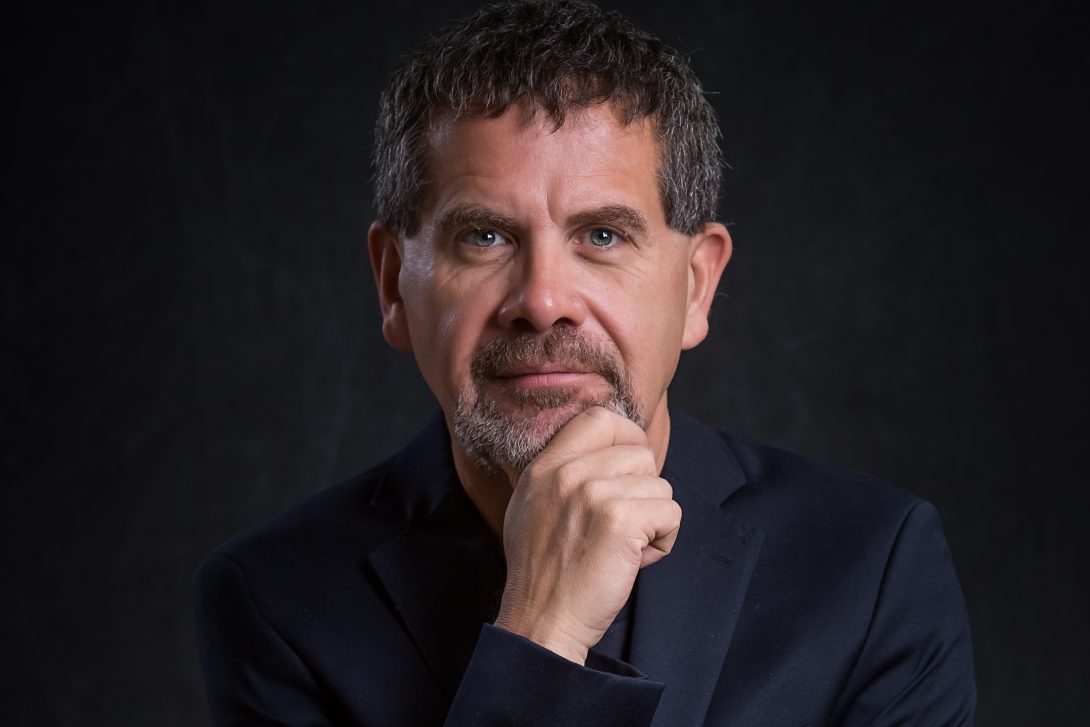
Dr. Pablo García Gámez is an accomplished playwright based in New York City and an instructor of Spanish at York College. His dissertation, “Al margen: Teatro y comunidades hispanas en Nueva York, 1997-2011,” analyzed the dynamics in the relationship between Hispanic theatre and communities and explored the process of how communities’ memories and identity are reflected in a theatrical repertoire. In 2017, his play Oscuro, de noche was awarded with the Apacuana National Award in Playwrighting in Venezuela and last June he received an honorary distinction by the Superior College of Performing Arts Juana Sujo, Venezuela. He has published essays and prologues, such as “Intercambio de saberes: teatro de calle y público hispano” in Conjunto, Revista de Casa de las Américas, Havana (2017), and “Noche tan linda: Historia travesti y cerro” Memorias del VI Coloquio de LART, Editorial Campana (2016). His published plays include Noche tan linda in Conjunto, Revista de Casa de las Américas, Havana (2015). Pablo is also a workshop instructor for playwrights in New York City, Caracas and Villa de Cura, Venezuela.
Roberto Rincon Heading link
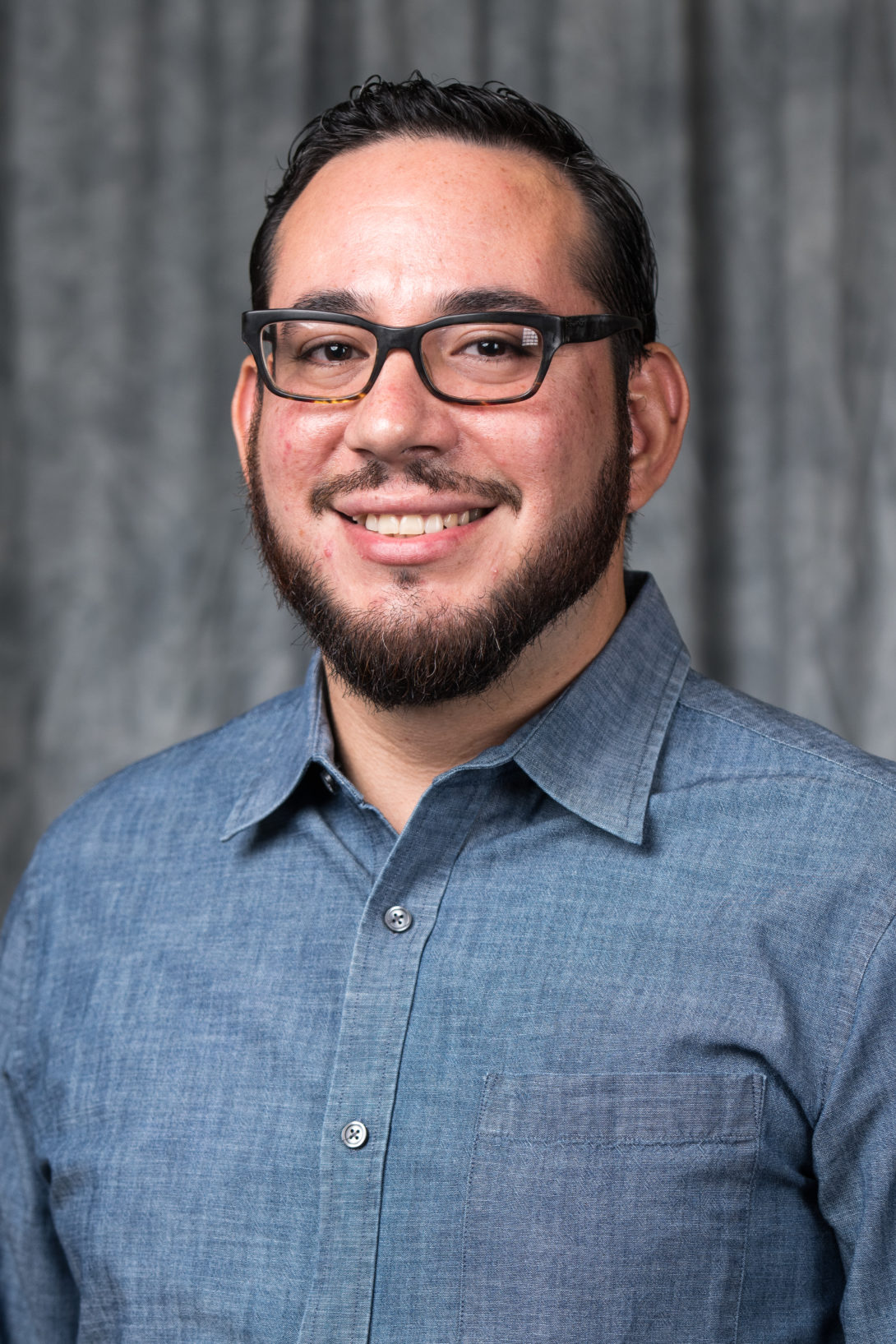
Dr. Roberto Rincon completed his Ph.D. in Political Science from the University of Illinois Chicago. He earned a B.A. in Philosophy and an M.A. in Political Science from Northeastern Illinois University. His dissertation, titled Migrating Identities: A Study of Afro-Mexican Racial Identification Within and Across National Borders examined how legal status, phenotype and political context shape the multiple meanings of Blackness, racial identity and the political demands associated with race that Afro-Mexicans from the Costa Chica region construct as they migrate within Mexico and to the United States. Employing a multi-sited qualitative methods research design, Migrating Identities interrogates and disrupts the discourse of invisibility and politics of recognition currently present in Mexico and the region at large, arguing that racial meanings are contingent and contextual influenced by the inter-group interactions that take place in the distinct geographical, legal, and cultural contexts that people inhabit. Roberto is a Chicano-Mexicano, born in the southeastern region of Mexico and coming of age in Chicago’s northside neighborhoods of Ukrainian Village and Humboldt Park. His research interests include 20th and 21st century Racial and Ethnic Politics in Latin America; Afro-Mexican Studies, Latinx Studies, Social Movements Theory; Cultural Studies, Postcolonial Theory and Latin American Political Thought.
Erin Michaels Heading link
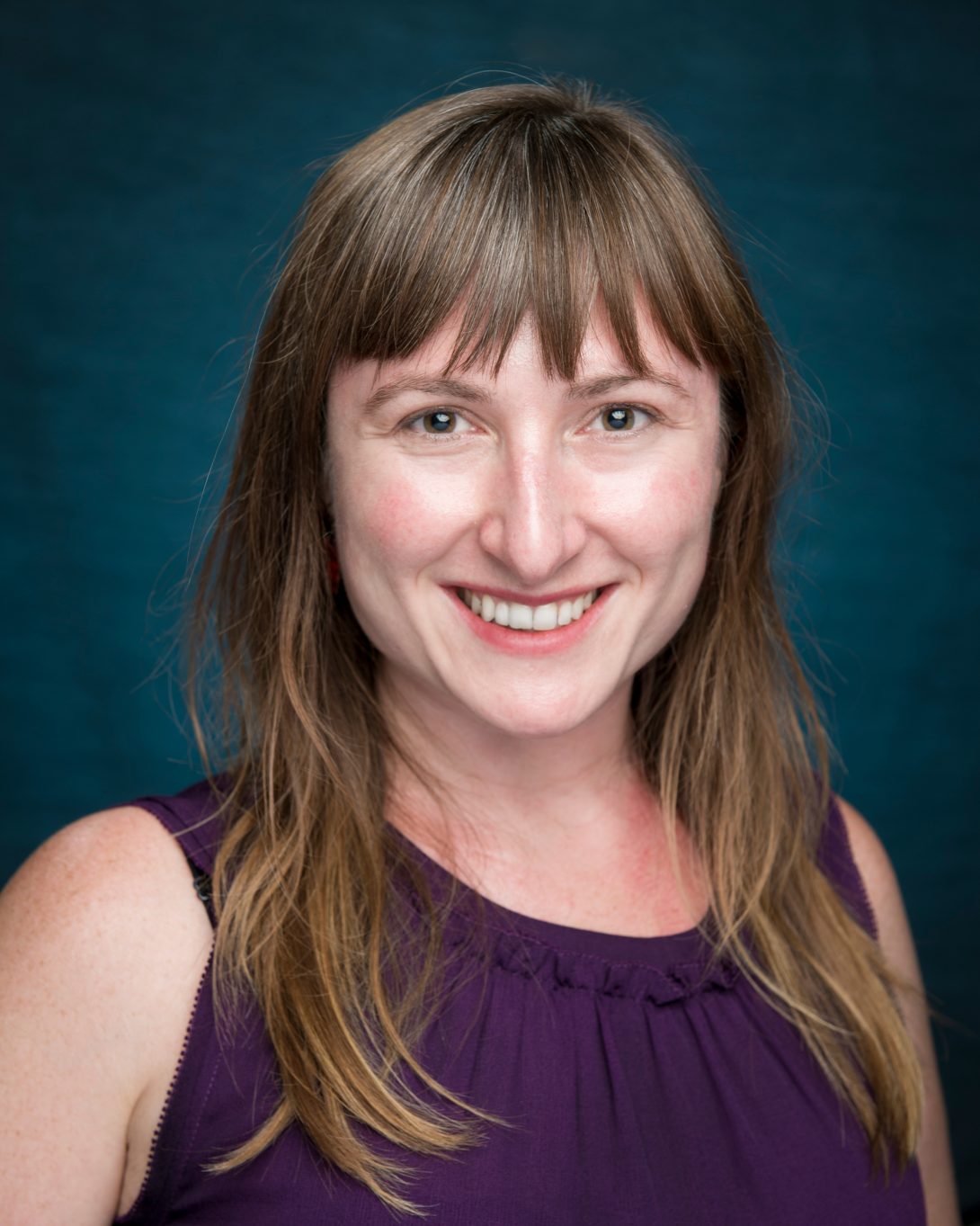
Dr. Erin Michaels completed her PhD in Sociology at the CUNY Graduate Center in May 2018. She has been Assistant Professor of Sociology at UNC Wilmington since August 2018. Her research focuses on educational inequalities, immigration, race and political sociology. She has published on these topics in Critical Sociology, Youth & Society, the Journal of Contemporary Ethnography, Cornell University ILR Press and Progressive Planning. Her current project is a book under contract with NYU Press. The book manuscript explores the recent practice of state entities threatening specific schools with looming closure if their students’ academic performance does not improve. Provisionally titled Schooling Under Threat: Youth, Citizenship & Race in 21st Century Education, the book examines how this strategy to reform distressed public schools shapes social inequalities. The project builds on Dr. Michaels’s dissertation research to further investigate the carceral aspects of explicitly market-oriented school improvement plans, linking how the state’s directives incentivized punishing school regimes, which, in turn, sent devastating messages to Black and Latinx students about their citizenship. Schooling Under Threat offers a new theory of schooling inequality that provides scholars, students, and the broader interested public with a deeper understanding of why state-led school reforms represent a new level of racialized citizenship in 21st century public education.
Omar Ramadan-Santiago Heading link
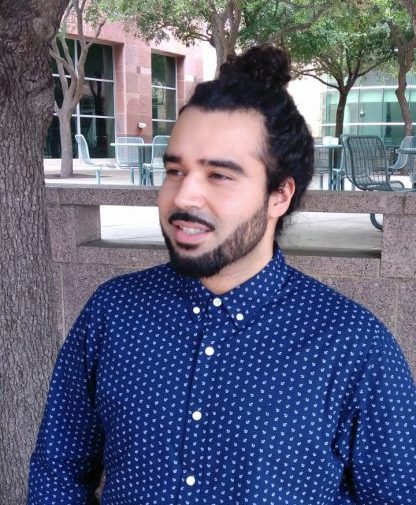
Dr. Omar Ramadan-Santiago received his Ph.D. in Anthropology from the City University of New York, Graduate Center in 2019. He was awarded a Wenner-Gren Dissertation Fieldwork Grant in 2014 to conduct ethnographic research in Puerto Rico. His research interests include race, religion, performance, and identity formation/construction. His dissertation, “Dios en carne: Rastafari & the Embodiment of Spiritual Blackness in Puerto Rico,” examines the ways in which the Rastafari community in Puerto Rico explores and embodies blackness as a personal and political identity. He has been published in Transforming Anthropology and New West Indian Guide. Currently, he is a postdoctoral fellow at Stanford University. His research interests include race, colorism, religion, and identity performance.
Nadiah Rivera Fellah Heading link
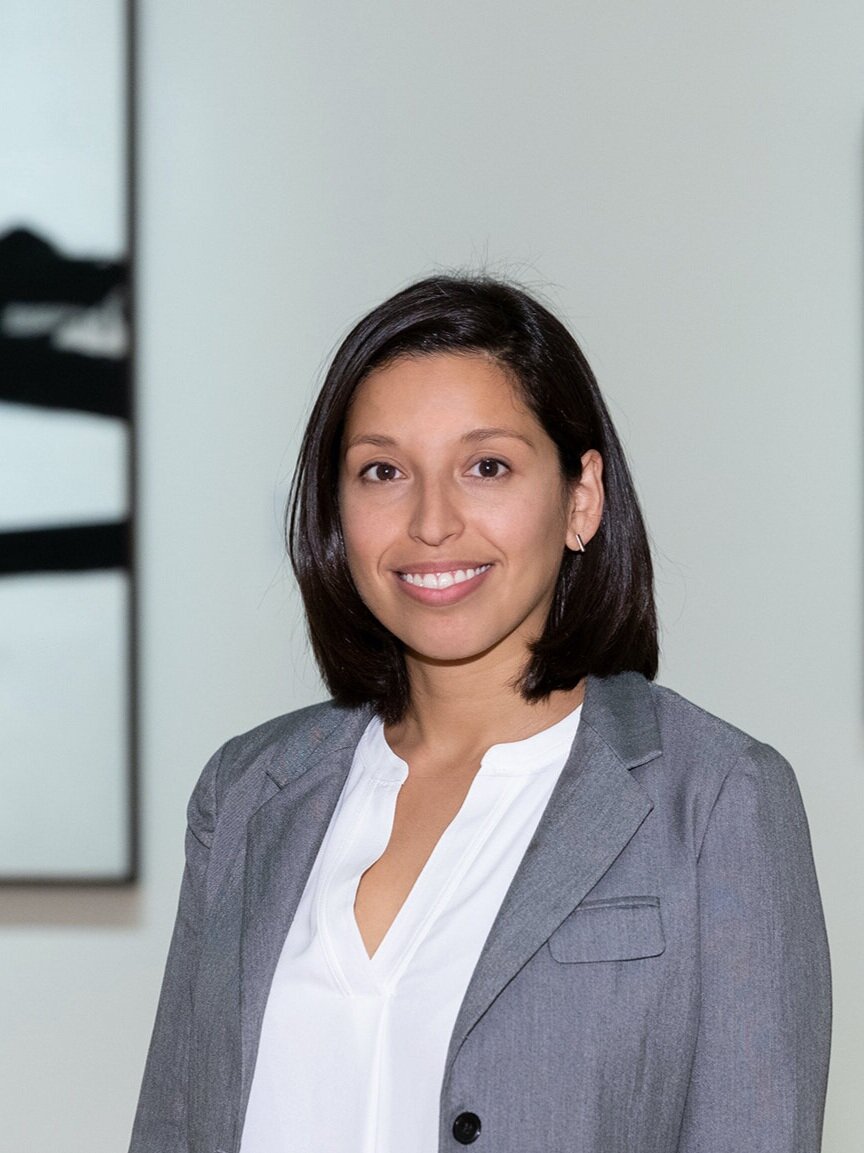
Dr. Nadiah Rivera Fellah (PhD, Graduate Center of the City University of New York) joined the Cleveland Museum of Art in 2019. She has curated New Histories, New Futures (2021) and the exhibition by Firelei Báez for FRONT International (2022) and has cocurated Picturing Motherhood Now (2021) with Emily Liebert. In her previous position at the Newark Museum of Art, she curated the traveling exhibition Wendy Red Star: A Scratch on the Earth and served as the primary author and editor for the accompanying catalogue. Fellah was also tasked with integrating several Latin American works into the American galleries prior to the museum’s expansion of that wing. In 2014, she organized Left Coast: California Political Art at the James Gallery at the Graduate Center of the City University of New York. Prior to these projects, Fellah held curatorial positions at the San Francisco Museum of Modern Art and the Allen Memorial Art Museum at Oberlin College. Fellah specializes in Latin American and global contemporary art. Her publications include Picturing Motherhood Now (New Haven, CT: Yale University Press, 2021); Wendy Red Star: A Scratch on the Earth (Newark, NJ: Newark Museum, 2019); “Graciela Iturbide’s Cholo/a Series: Images of Cross-Border Identities,” in the journal History of Photography (2019); Modern Heroics: 75 Years of African American Expressionism at the Newark Museum (Newark, NJ: Newark Museum, 2016); and various contributions to Aperture magazine, among others. She has taught courses on curatorial practice and modern and contemporary art at the City University of New York.
Kendy Rivera Heading link
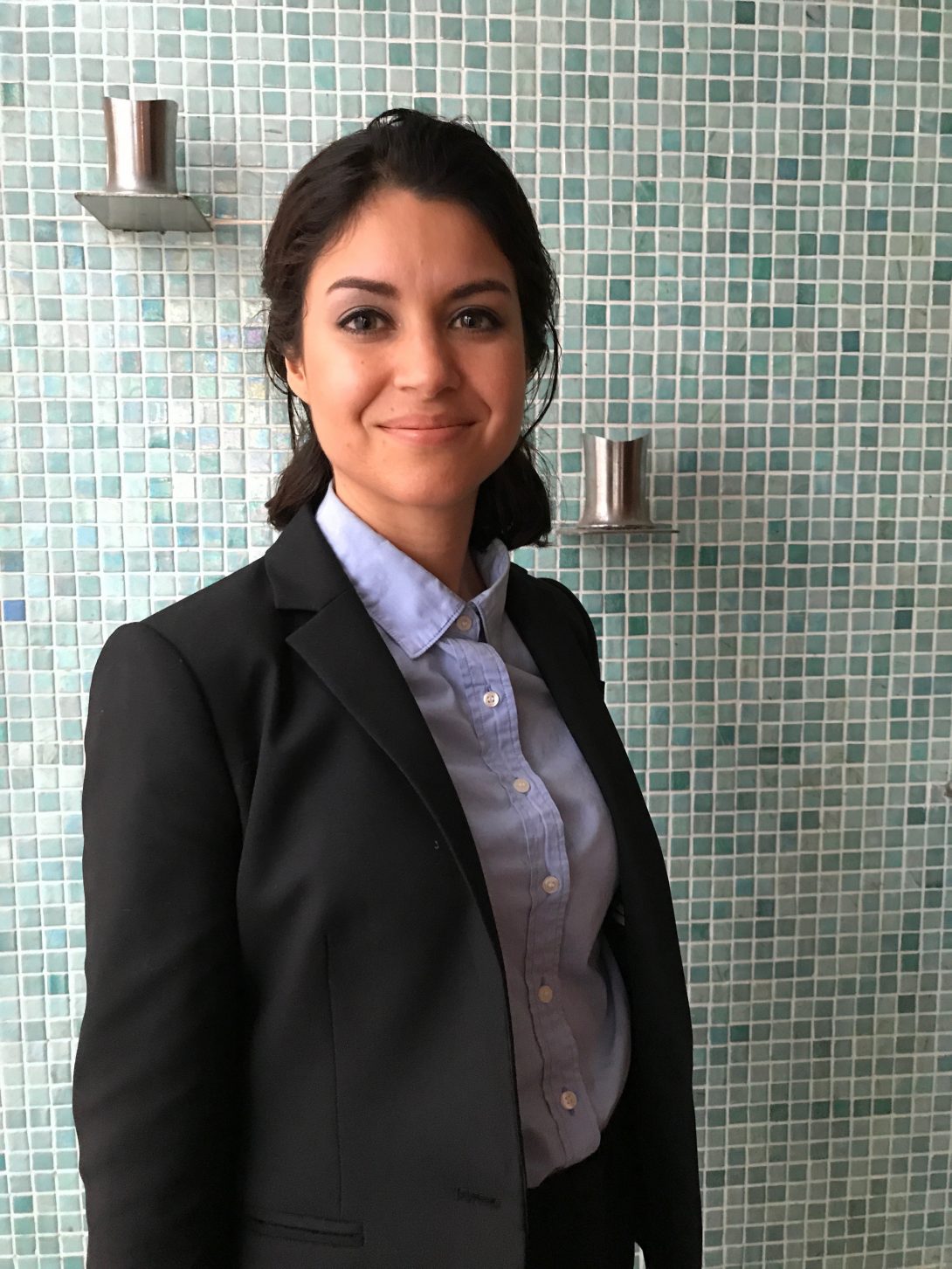
Dr. Kendy Rivera Cárdenas is the Senior Public Administration Analyst with the Labor Center’s Global Solidarity Project and teaches in the César Chávez Department of Chicana/o and Central American Studies. Kendy is a transborder activist scholar whose work builds-upon community engaged research practices, applied qualitative research, intersectional solidarity, and Chicana/o/x and Latina/o/x/e citizenship and politics in the Global South. Kendy received her doctorate in 2020 from UCLA’s César Chávez Department as a member of the first graduate cohort, a Eugene Cota-Robles Fellow and a legacy Andrew W. Mellon Fellow. Kendy has published several articles and book chapters on engaged activist scholarship, Chicana/o/x experiences in México, and spatial inequality at the U.S.-Mexico border. Kendy’s commitment to bringing public universities and grassroots movements closer together led to her training in the Labor Center’s 2013 Community Scholars Program on “The Politics of Nonviolence.” Later she served as the teaching assistant for the 2019 programming on “Interfaith Models and Best Practices for Sanctuary in L.A.” In 2021, she became the co-instructor to the first trilingual and multinational class on “Cross Border Solidarity Towards Transborder Migrant Justice.” Kendy was born into a Los Angeles-Tijuana transnational activist family unit providing humanitarian accompaniment at the Mexican border for over half a century. Since 2018 and into the present, she has further honed into her ancestors’ footsteps by accompanying displaced people on the move and in struggle throughout North America and Mesoamerica. Kendy is a queer Chicana feminist and holds mixed Wixárika and Jewish ancestries.
MENTORS Heading link
Dr. Adam Goodman (Fellah), University of Illinois Chicago, History
Dr. Jennifer Jones (Rincon), University of Notre Dame, Sociology
Dr. Veronica Terriquez (Michaels), University of California – Santa Cruz, Sociology
Dr. D. Inés Casillas (Diaz), University of California, Santa Barbara, Chicana and Chicano Studies
Dr. Carlos Manuel Rivera (Gámez), CUNY, Spanish
Dr. Isar Godreau (Ramadan-Santiago), University of Puerto Rico – Cayey, Anthropology